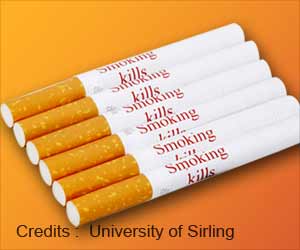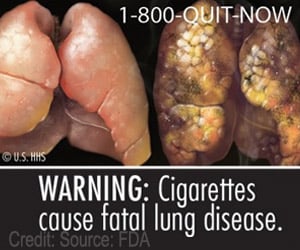The World Health Organisation faces pressure to take a tough stance on alcohol consumption at its annual assembly in Geneva this week amid fears industry lobby groups will water down any proposals.
The World Health Organisation faces pressure to take a tough stance on alcohol consumption at its annual assembly in Geneva this week amid fears industry lobby groups will water down any proposals.
The WHO’s 61st assembly opening Monday will debate "strategies to reduce the harmful use of alcohol" and a key official said there was a firm commitment among members to achieve concrete results."The forces behind this are now well marshalled... the push to WHO to actually move towards a draft strategy is very strong here," said Bill Kean, executive director of the office of the Director General, Margaret Chan.
"We’ve heard from several large developing countries of their interest in this... I think the debate will be very wide-ranging but I don’t think this will be watered down, I hope not," he told journalists.
Alcohol awareness charities voiced doubts however that the assembly would yield much in the way of progress given the formidable clout of the drinks lobby -- in contrast to the strict anti-tobacco convention the WHO drew up in 2005.
"We’re not particularly hopeful," said Frank Soodeen, head of public affairs for the UK-based group Alcohol Concern.
"There’s no doubting the tremendous lobbying power of the drinks industry," he told AFP.
Advertisement
"No causal link has been shown between beverage alcohol advertising and increased overall alcohol consumption. Advertising merely increases consumption for the advertised brands versus other brands," said the GAP industry group whose members include Heineken, Diageo, InBev and Pernod-Ricard.
Advertisement
Alcohol Concern’s Soodeen urged the WHO to develop an alcohol policy framework that takes note of existing "best practice" in various countries.
In particular he cited France with its "robust" restrictions on alcohol advertising.
In February, a French court ruled it illegal to advertise alcoholic drinks on the Internet, giving the Dutch brewer Heineken three weeks to take down beer ads from its French website.
Under the law, alcohol adverts are only allowed in the print media, on the radio and in sales outlets.
Heineken had argued that the telephone -- and by extension the Internet -- was not covered by the ban.
Governments worldwide are growing increasingly concerned about so-called "binge-drinking," particularly among young people.
In Australia, the new Labor government of Prime Minister Kevin Rudd is considering placing graphic warning labels on alcoholic drinks in a bid to "scare the living daylights" out of boozing teenagers.
Other topics to be discussed at the WHO assembly include the threat of an avian flu pandemic, non-communicable diseases such as obesity and diabetes, and the thorny issue of intellectual property rights and the pharmaceuticals industry.
The week-long assembly will be addressed by two guest speakers: South African archbishop and activist Desmond Tutu, and Princess Muna of Jordan, both of whom are actively involved in promoting public health in their countries.
The assembly runs from May 19-24 at the United Nations headquarters in Geneva.
Source-AFP
SRM











